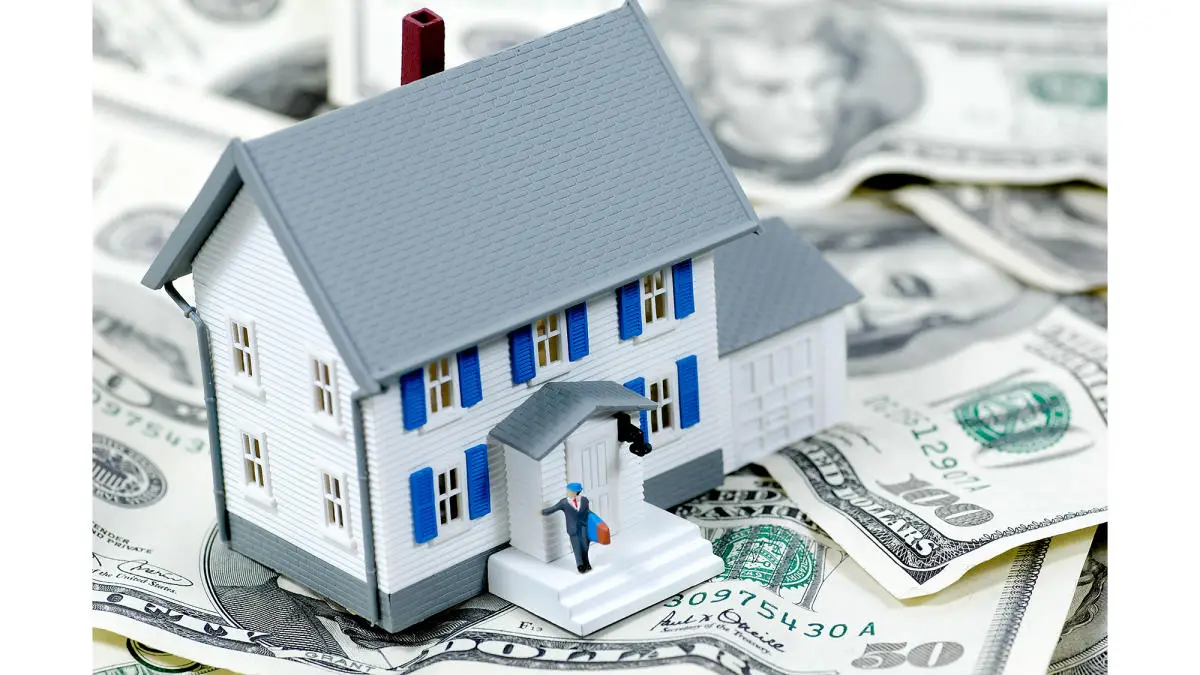Infrastructure mega-projects, economic transformation, strategic reserves — the Middle East is strengthening its position on the global investment map every year. The economies of the region are being restructured with a focus on tourism, technology, finance, and logistics, reducing dependence on energy resources. Real estate investments in the Middle East continue to demonstrate high liquidity, asset diversity, and resilience to global fluctuations.
Properties in the UAE: liquidity, stability, global demand
Before assessing prospects, it is important to determine the drivers of current demand. Real estate in the UAE confidently maintains leading positions in the region due to several factors: transaction transparency, presence of free economic zones, absence of income tax, and orientation towards international investors.

Dubai and Abu Dhabi — two poles of investment potential
Dubai concentrates the main demand not only due to its tourist attractiveness but also because of its high yield. It consistently ranges from 5-8% annually for short-term rentals, depending on the area and type of property. High turnover, rising price per square meter, flexible payment schemes from developers make buying property in Dubai an entry point for speculative as well as long-term strategies.
Abu Dhabi is strengthening its position as a center for capital-intensive projects. Premium rental segments, corporate real estate, investment office centers are developing here. The strategy of sustainable development, emphasis on technological construction, and transport connectivity shape rental demand, positively impacting internal yield.
Real Estate in Oman: an underrated investment in the Middle East
Oman has not yet formed such a dense investment zone as the UAE, but its dynamics are more interesting. Real estate investments in the Middle East are gradually including Muscat and coastal territories in the areas of attention.
Advantages of a growing market
The government actively implements urbanization and infrastructure improvement programs. New residential quarters, hotels, apartment complexes are not just housing but integration into the tourist and business environment. Demand is generated from within the country as well as from expatriates, freelancers, specialists from neighboring states. Residency programs for investments further enhance market attractiveness. Rental rates are on the rise, while the initial cost of properties is still significantly lower than in Dubai or Abu Dhabi, allowing for capital growth in the medium term.
Saudi Arabia and Qatar: scale, ambitions, and specifics
Real estate investments in the Middle East are receiving a new impetus thanks to large-scale reforms. Saudi Arabia demonstrates global-level ambitions. The construction of Neom — one of the largest future megacities — creates a new growth point on the investment map.
Saudi Arabia
Saudi developers are creating not just residential complexes but technological ecosystems. Projects in Riyadh, Jeddah, the Eastern Province imply rapid capitalization. High geopolitical role, openness to foreign investments, implementation of projects under Saudi Vision 2030 make the country attractive to investors willing to work on a 7-10 year horizon.
Qatar: elite rentals and projects for championships
Qatari real estate stands out with high margins in the elite rental and hotel segments. After major sports events — including championships — the country’s infrastructure has undergone significant upgrades. This has created potential for short-term rentals, hotel residences, office centers tailored for international companies.
Investment Analysis of Middle East Real Estate
Any strategy requires evaluation of key parameters. Real estate investments in the Middle East involve not only choosing the property but also smart income forecasting, risk awareness, and knowledge of legislation.
Yield and rental potential
Yield depends on location, segment, ownership status (freehold or leasehold). Average profit in the UAE ranges from 6% for standard rentals to 10-12% for short-term leases with a management company. In Oman, it starts from 5% and above. In Qatar and Saudi Arabia, yield indicators depend on the intended use of the property: rental, resale, corporate ownership.
Risks and legal aspects
Main risks relate to currency rate changes, legislative reforms, rental demand fluctuations. However, the region’s countries actively introduce protective mechanisms for foreign capital: title registration, tax preferences, protection against double taxation. Legal aspects vary in each country, but the general trend is towards increased transparency and digitization of transactions.
Investment Logic: Why Investors Choose the Middle East
Real estate investments in the Middle East are accompanied not only by high profitability but also by a stable macro environment. The regions operate under minimal inflation, stable exchange rates, and a flexible tax system. Absence of income tax and capital growth, free economic zones, investor preferences all create a positive climate for investments.
Simultaneously with economic transformation, the geopolitical role of the region is evolving. Middle Eastern countries pursue a balanced foreign policy focused on developing global ties. This reduces the risks of political instability and provides additional confidence for investors.
Domestic demand and urbanization
Growing population, urbanization, international business expansion strengthen domestic demand for housing, offices, commercial spaces. In major cities like Dubai, Abu Dhabi, Muscat, Riyadh, new quarters are launched annually, and occupancy levels remain high. “Secondary” directions are also actively developing: northern emirates, coastal zones of Oman, Qatar’s special economic clusters. Demand is supported not only by residents but also by expatriates, digital nomads, freelancers, to whom countries offer long-term visas and residency programs upon property purchase.
Strategies and Segments: How Investors Structure Investments
Real estate investments in the Middle East allow for varying approaches depending on goals. Residential spaces provide a stable rental flow and value growth. Commercial properties (offices, retail) offer higher margins, especially in premium locations. Hybrid projects (aparthotels, serviced residences) combine two formats and are ideal for short-term rentals.
The relevance of each segment depends on local specifics. Premium housing and serviced apartments dominate in the UAE. In Oman, mid-range family residences are popular. In Qatar, hotel and sports complexes are in demand.

Conclusion
Real estate investments in the Middle East unite high profitability, predictability, stable jurisdiction, and format flexibility. The region offers diverse properties, scalable strategies, and clear entry points. From studio apartments in the UAE to commercial centers in Qatar, each format has a specific audience and demand.
Strong government support, investment guarantees, digital transaction processing, and high tenant interest create a comfortable environment for capital. Transparent procedures, infrastructure growth, and macroeconomic stability transform the Middle Eastern market into an important element of the global portfolio.
 en
en  de
de  ar
ar  es
es  nl
nl  hi
hi  fr
fr  it
it  pt
pt  el
el 









